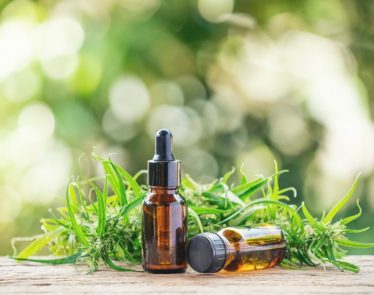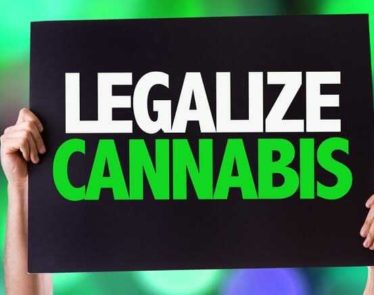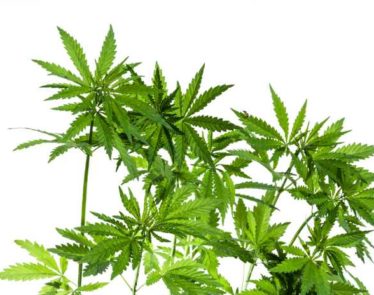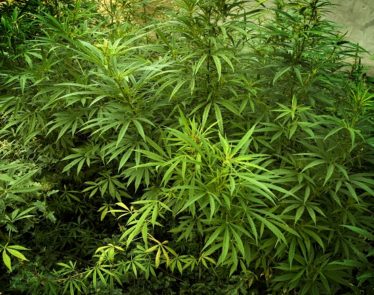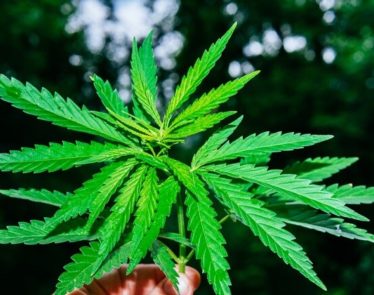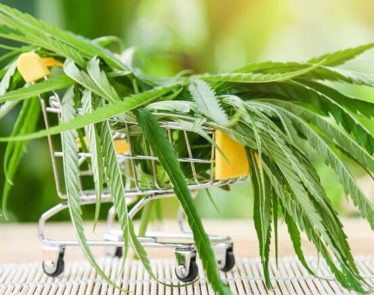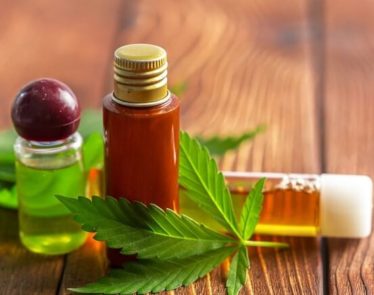
As of the time of this writing, 33 US states have legalized marijuana for medical reasons. Ten states, as well as Washington, DC, have implemented full marijuana legalization programs. On October 17th, 2018, Canada legalized recreational adult-use of cannabis, prompting many US legalization advocates to call for their federal government to follow suit, because cannabis is still illegal under US federal law.
What is the landscape of Canadian total legalization? How does marijuana legalization look in various US states, and what is the impact of the war on drugs? Is marijuana safe, and is it actually right to consider the plant as medicine? Read on for the answers to these important questions regarding marijuana legalization.
How does Marijuana Legalization Work in Canada?
In July of 2018, Canada officially became the second country worldwide to fully legalize cannabis at the national level, joining only Uruguay. Prime Minister Justin Trudeau made good on his promise to legalize cannabis through Bill C-45, which went live in October 2018.
Provided the legalization program goes smoothly in Canada, this model could serve as evidence that Canada's neighbors to the south should implement a similar program.
What about Marijuana Legalization in the US?
Back in 2012, voters in Colorado and Washington state officially made themselves the first in the US to legalize marijuana at the recreational level.
California became the first state to legalize medical marijuana all the way back in 1996 when they passed the now famous Prop 215.
Vermont is the only state to not allow legal sales of marijuana, even though they have technically legalized recreational use. Every other state allows private companies to sell cannabis to consumers. Residents of Vermont are permitted to grow and possess marijuana, but cannot legally sell it. Common sense tells us that a combination of these models would likely be the best case scenario, as one size does not fit all when it comes to marijuana legalization.
In addition to the ten states and DC that have outright legalized recreational marijuana, 13 other states have decriminalized it. This means that those caught in possession of the plant will not be arrested in most cases, but are still subject to summary offenses, fines, and other associated fees. A few states still put marijuana users in jail, even though they have decriminalized and lessened the associated criminal penalties.
How is the War on Drugs Going?
No matter what side of the political aisle you fall under, it doesn't take an expert in public policy to realize the realities of the failing war on drugs in the US.
These days, most conservatives, liberals, and independents understand how much of a waste it is to keep marijuana illegal at the federal level. Billions of dollars of taxpayer money has been used to eradicate plants, arrest users, and so on—yet black market marijuana is more readily available than ever before.
According to the ACLU, 8.2 million Americans were arrested for marijuana offenses between 2001 and 2010. Of those 8.2 million, 88 percent of those were for simply possessing the plant—not selling it, not doing anything violent, just having the wrong kind of plant matter on their person. These numbers have since decreased due to state marijuana legalization and decriminalization, but not entirely.
Clearly, the American people are tired of their tax dollars being wasted on policing otherwise law-abiding citizens for possessing cannabis. Hopefully, we will see the US take Canada's lead and outright legalize it, so police and other law enforcement agencies can focus resources on arresting real criminals committing real crimes.
What do the American People Think about Legalizing Marijuana?
As previously stated, the majority of Americans no longer think marijuana users should be arrested for simple possession. Even though some may still believe possessing the plant warrants a fine of some sort, more than half favor outright legalization by the federal government.
According to the Pew Research Center, 61% of Americans favored complete nationwide marijuana legalization as of January 2018. That figure will likely increase as we see more and more successful implementation of legal programs in various states. Even though both medical and recreational marijuana legalization has been passed in various states, every presidential regime since the Clinton era, to varying degrees, has used federal agencies to interfere in some way with dispensary owners, legal growers, patients, and so on.
What about Medical Marijuana in the US?
In the US, marijuana is still federally classified as a Schedule 1 drug (however, recently, the DEA lowered CBD to a Schedule V Drug). Schedule 1 on the list of controlled substances means that a drug has a high potential for abuse, no accepted medical uses, and that the drug is not safe to consume, even under medical conditions.
The Schedule 1 classification means that the federal government still views marijuana as basically no different than, for instance, heroin. This is despite the overwhelming evidence supporting the fact that medical marijuana can treat a variety of conditions, as well as the countless doctors and medical professionals who accept that the plant medicine can be effective. Not to mention the millions of patients who say marijuana has helped treat symptoms of cancer, epilepsy, insomnia, eating disorders, depression—and the list goes on.
>> How Do You Obtain a Medical Marijuana Card?
Many marijuana legalization advocates point to the fact that marijuana stays illegal in the US due to issues with pharmaceutical companies, but that is just the tip of the iceberg. Agencies like the DEA stand to lose millions of dollars in taxpayer funds if the prohibition of the plant were to be removed. Getting the government to admit their faults has proven to be a bureaucratic nightmare.
Is Marijuana Safe?
There have been no recorded deaths from marijuana alone. This does not mean that it is completely without any risks, even if it might be relatively safe. Consuming too much of just about anything, even water, can potentially have a negative impact on your health.
Combusting and inhaling the smoke of anything into your lungs is not the safest and healthiest thing you can do, which is why many marijuana legalization experts advocate for the use of vaporization or eating edibles, or for food that contains the drug.
As long as marijuana users do not drive a vehicle after consuming, and are responsible with their use, the current scientific consensus is that doing consuming marijuana is relatively safe.
Featured Image: Depositphotos/© j.dudzinski






